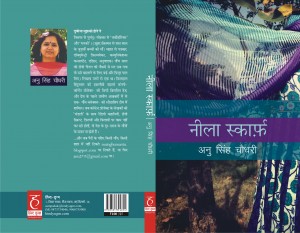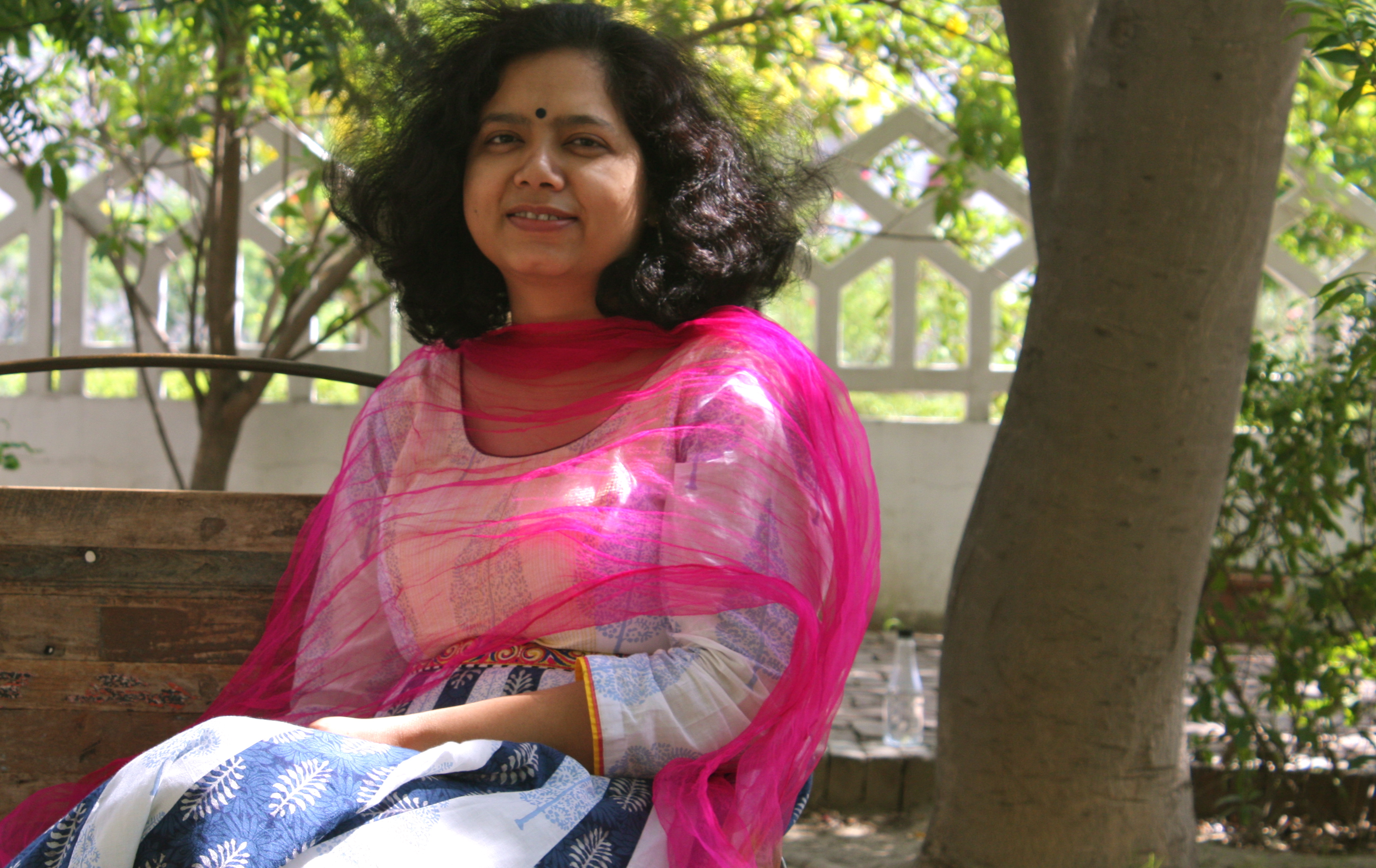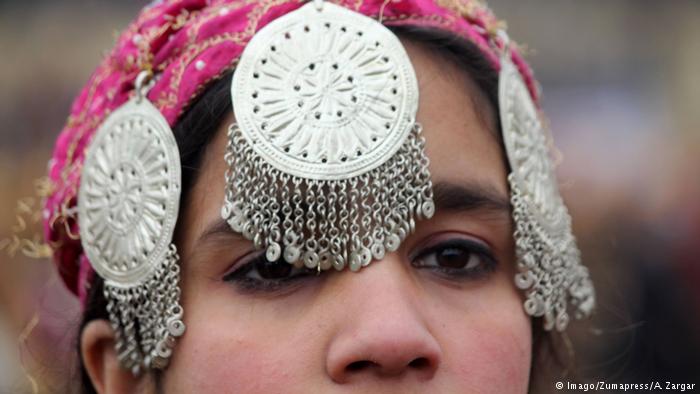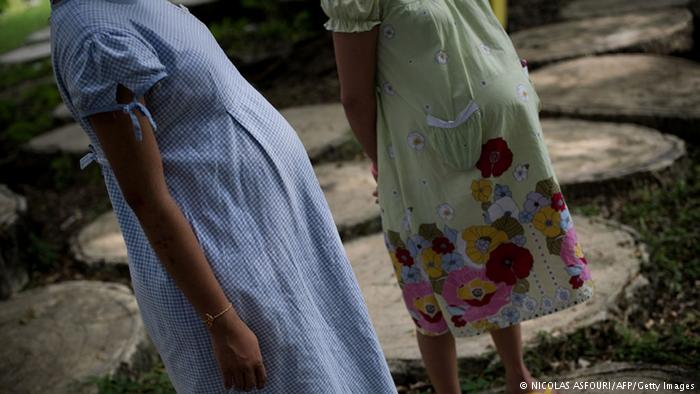‘You have to be true to your story’
Journalist Anu Singh Chaudhary‘s book “Neela Scarf,” or The Blue Scarf, is a collection of stories depicting life in different parts and among different social classes in India. She speaks to Women Talk Online about writing about class differences and intimacy in her mother tongue, Hindi.
How do you feel about writing on women from different social classes in India?
It’s very, very easy. For instance, I was born in a village, but I was raised in a small town, I came to Delhi and then I worked in Mumbai. Basically, you’re interacting with a diverse range of people. All these characters come directly from there. What I’ve seen in my childhood is reflected in my stories now and all these characters are from my surroundings.
How difficult, or how easy is it for a female author to show intimacy in her story? What is the level of self-censorship which you exercise or do you exercise self-censorship at all?
It’s very, very difficult. It took me seven years to get here where I could actually, spontaneously write about an intimate moment or I could write about it without inhibition. Although, after a certain age, when you’re married, you have children, you come to a comfort level where it doesn’t matter and you can talk about your sexuality more openly.
Also, for someone who’s writing it for the first time, it’s difficult. I keep thinking, oh what if my father reads it, what if my husband reads it? There is a story called “Cigarette ka akhri kash”( One last puff of my cigarette) which is about a girl who drinks her vodka neat and is a chain smoker.
So you’ve got to shut yourself from these unnecessary voices. What matters is what you want your character to be. You have to be honest to your story and your characters.
There’s one kind of censorship regarding sex, then there’s the other kind of censorship where you avoid talking about the caste system or the father-daughter relationship. How do you deal with this?
Like I said, you have to be true to your story. You may not have an abusive father but that does not mean that abuse doesn’t happen. It is more important for you to tell that story of abuse. You don’t have to get out your flags and walk on the streets, even when writing about sexuality.
For instance, there is this story called Bisesar Bo ki Premika (Bisesar Bo’s lover) which is about a woman who’s desired by everybody but her husband and there’s a woman with the same problem but she’s from another social class.
There is a difference of attitudes in India, between those who speak English and those who speak Hindi. How do you come to terms with that – because you speak both languages very well?
When you’re writing in Hindi, you’re reaching out to a smaller audience, but for me, Hindi came naturally. It’s my first language. I think in Hindi first. Although there are certain things you want to do in English, like you would probably quarrel in English, but when you want to express your fears, deep down, it’s your mother tongue you want to use.
Interview: Manasi Gopalakrishnan
Editor: Grahame Lucas







